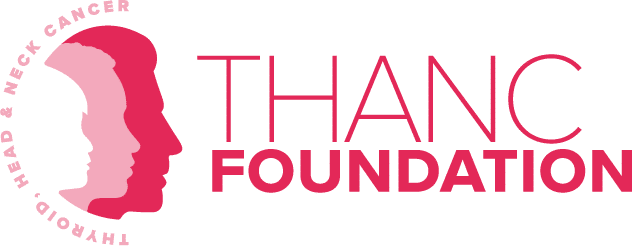
When I was 16, my doctor noticed a lump in my neck during a routine sports physical. A subsequent blood test revealed that my hormone levels were below average, indicating that I had hypothyroidism. To treat this, I took thyroid hormone medication regularly until I was 21. At that time, I completed my military ROTC training, but I could not pass the final military physical requirements if I was still actively reliant on thyroid medication. I consulted a physician who informed me that my levels appeared normal, meaning I could technically function without the medication. I promptly stopped taking it. However, after having my first child at age 24, my doctor discovered that my postpartum levels were atypical. As a result, I returned to a daily dose of thyroid hormone medication.
At 45 years old, my doctor identified 10 more benign nodules in my neck and diagnosed me with Hashimoto’s thyroiditis. Due to this condition, my thyroid had become severely inflamed and was leaking thyroid hormone. The doctors steadily increased my medication dosage, and I was eventually treated with complete thyroid hormone replacement therapy. My doctor monitored me yearly using ultrasound imaging and biopsied any growing nodules using fine needle aspiration (FNA). I maintained this course of surveillance until the age of 55, when my endocrinologist informed me that there had been a stark increase in the size of my nodules from 2019 to 2022. Some of them had grown to the point that they were visible as lumps under the skin of my neck. The size of these nodules warranted performing a complete thyroidectomy, which my doctor believed would improve my quality of life and decrease the amount of visits I needed to make to the hospital.
The size of these nodules warranted performing a complete thyroidectomy, which my doctor believed would improve my quality of life and decrease the amount of visits I needed to make to the hospital.
Though I knew the surgery would be a fairly involved procedure requiring a large incision in my neck, I wasn’t too apprehensive about the treatment. I trusted that my endocrinologist had already exhausted all possible non-surgical methods. I was confident in her opinion that surgery was required, and I was fortunate to have a fantastic local surgeon perform the operation.
I underwent a complete thyroidectomy in January of 2021. Afterward, the surgeon informed me that my thyroid had been roughly six times larger than the normal size, and five lymph nodes were extremely swollen. Though the surgeon told me to expect a week or so of fatigue following the operation, I felt an unusual level of exhaustion that persisted for a couple months. I have always lived a very active lifestyle, so to suddenly find myself incapable of making it through the day without a two hour nap worried me. It was stressful to consider the possibility of living with such fatigue. Eventually, my energy returned.
Afterward, the surgeon informed me that my thyroid was roughly six times larger than normal size, and five lymph nodes were extremely swollen.
However, the surgery had also required a more extensive removal than originally expected. The excessive scar tissue created a serious buildup of lymphatic fluid, and the incision site was extremely hard and painful to the touch. At my scheduled two-month follow-up appointment, my surgeon recommended I see a therapist specializing in lymphedema massage therapy. The goal was to redirect the lymphatic fluid around the scar tissue so that it would drain down the sides of my neck. When I asked my surgeon if such therapy would realistically solve this issue and relieve my pain, he was hesitant to say anything with certainty given the fact that a significant amount of fluid had accumulated in the skin above the incision.
After weeks of at-home massage therapy to no avail, I sought help from a plastic surgeon who informed me that he could create an incision underneath my chin to reduce the scar tissue internally. This would allow the accumulated blood and fluid to release downward throughout my neck. At this point, I was quite overwhelmed, as all of this was very much an unexpected adverse event. What was originally projected to be a 7-day recovery period had become a lasting issue for nearly three months. I didn’t care about cosmetic recovery nearly as much as I cared about relieving the constant pain and discomfort.
My mind is more at ease now without annual biopsies and fear of the unknown.
In July, I underwent the second procedure to redirect the fluid. A week after the surgery, my body began reforming the scar tissue but it was considerably less than before. I still massage it daily and notice it slowly getting better, but I do have quite a bit of blood packed around my neck. I’m just trying to be patient and hope that my body eventually absorbs the remaining fluid.
When learning to manage the exhaustion and deal with the uncomfortable fluid around my neck, I found it helpful to focus my attention on the activities that make me the most happy. As a recreational equestrian, I spent a lot of time visiting my horse, even if only to groom and walk him briefly. Riding him and staying active helped me combat my fatigue and worry. I am grateful to the skilled surgeon who performed the operation and allowed me a speedy recovery. My mind is more at ease now without annual biopsies and fear of the unknown.

Will You Share Your Journey?
April is Oral Cancer Awareness Month. As part of that theme, we post stories written by oral cancer survivors, caregivers and medical professionals for our 30 Stories in 30 Days™ campaign. The insights they share can help others along their journey.


